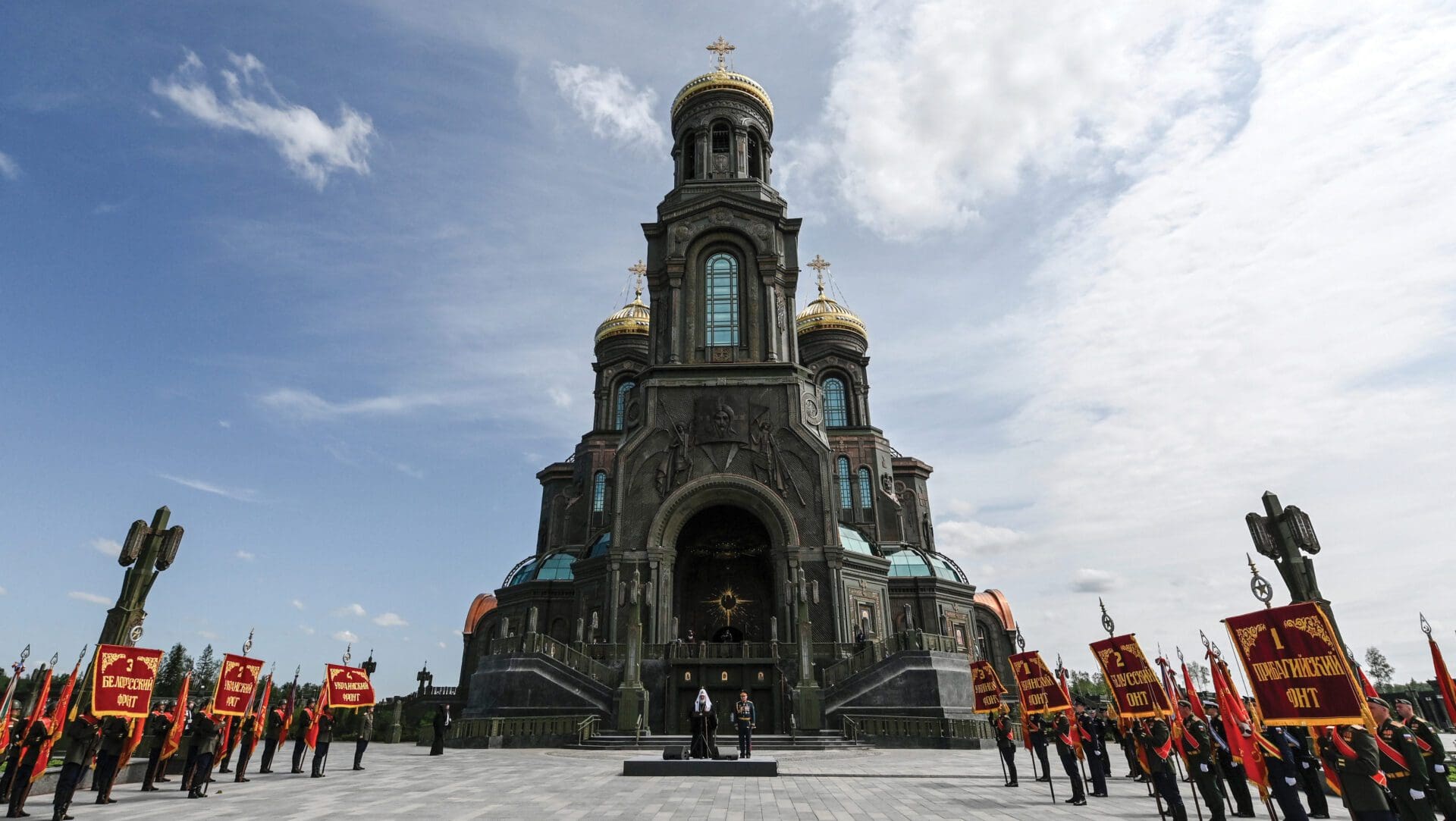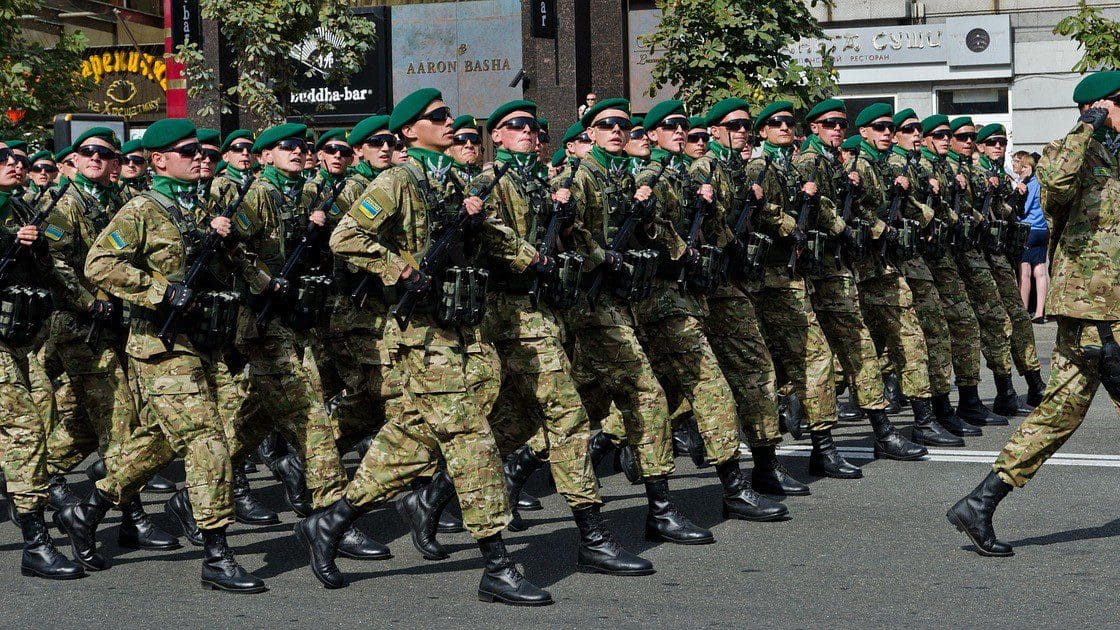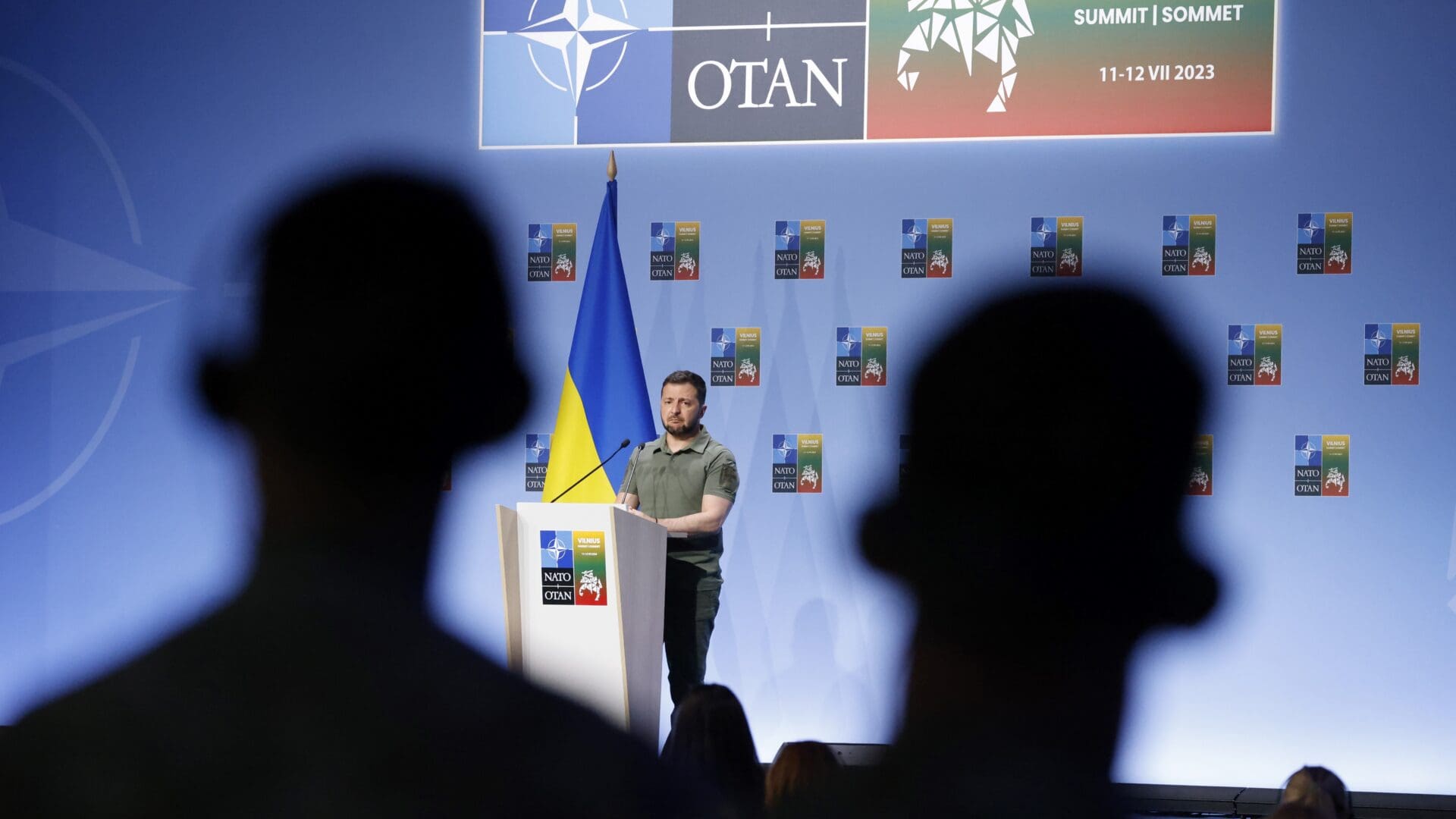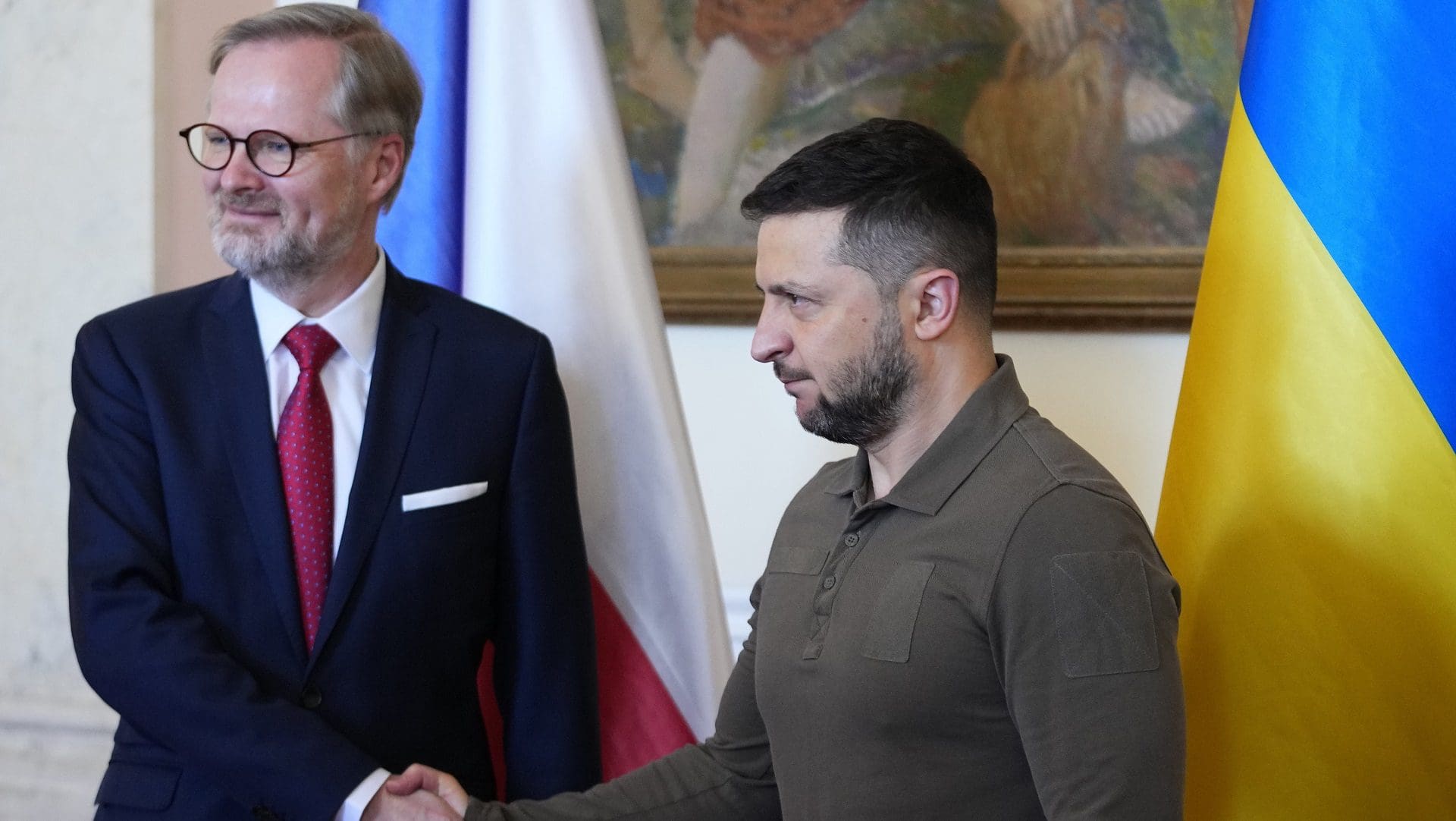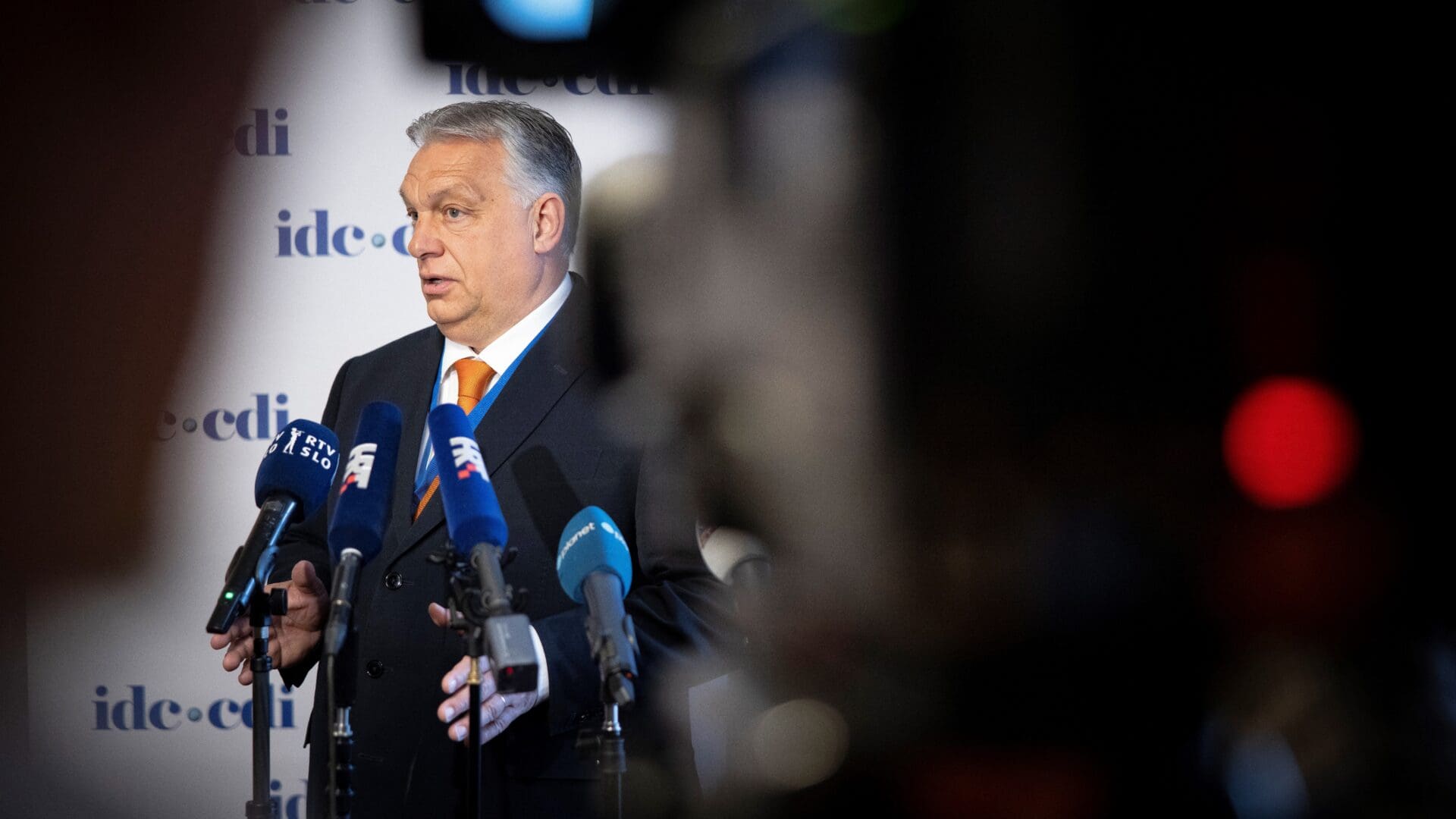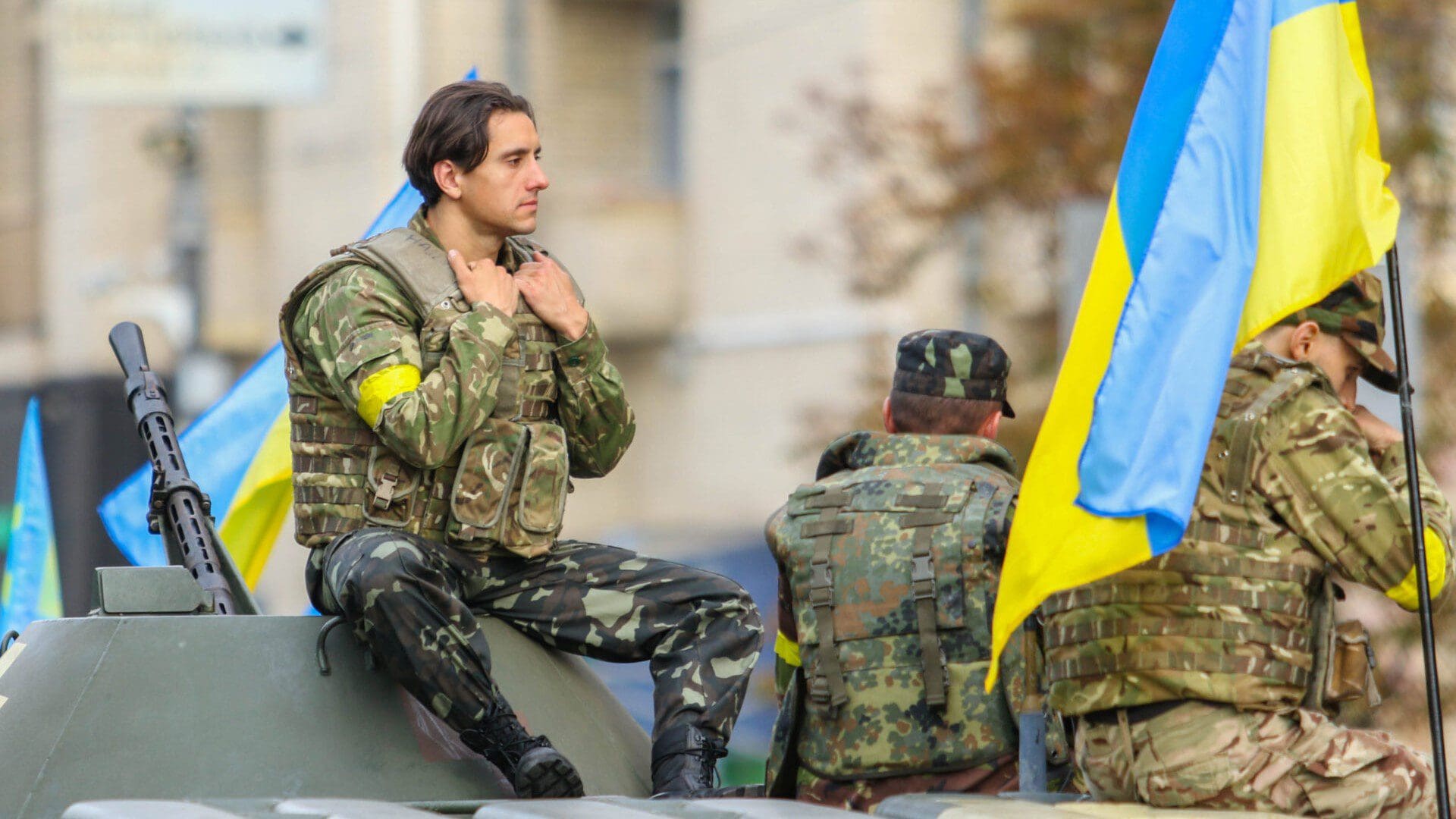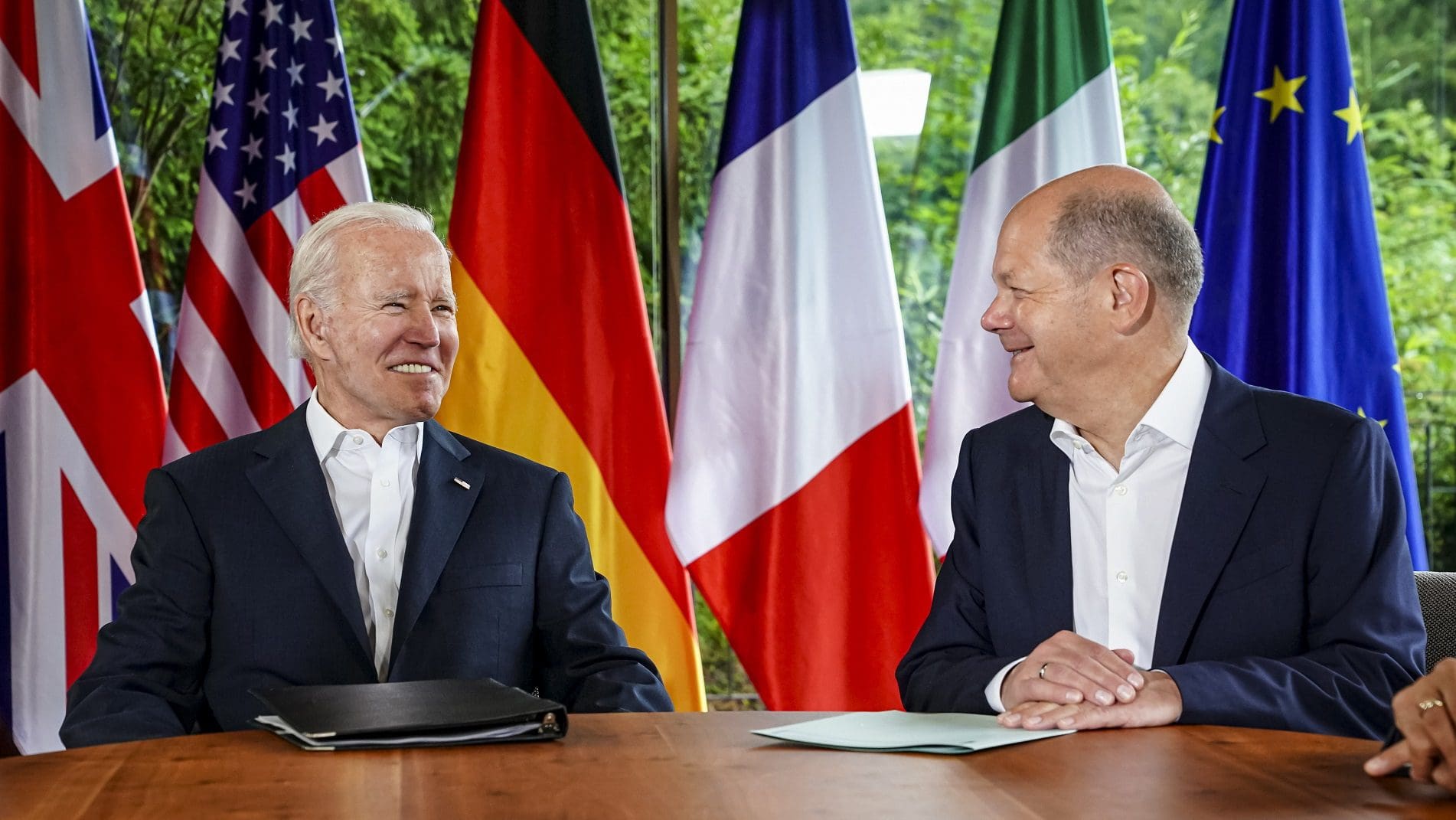
The Revenge of Geography? — Theoretical Considerations for Interpreting the Russia–Ukraine War
‘Nation-states will be reduced in their functionality, becoming of secondary importance as entities, and the principle of territorial existence will slowly dissolve into a new, boundless uniformity. To use a rather un-English term, we are going to witness the deterritorialization of the world—a world deprived of the territories of its constituents, at least if we are to believe the new utopians.’

